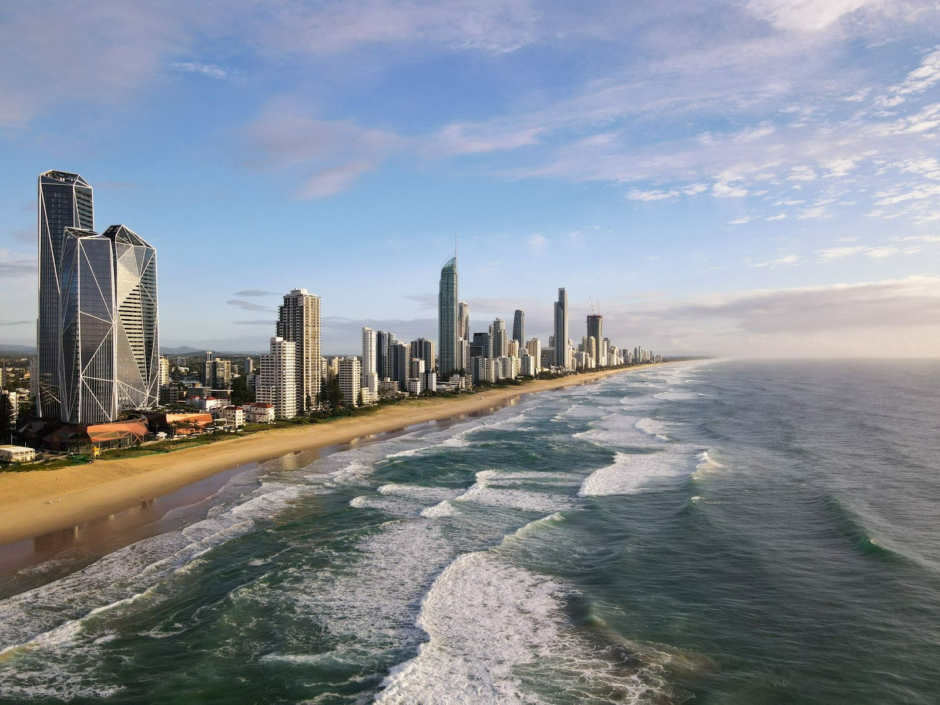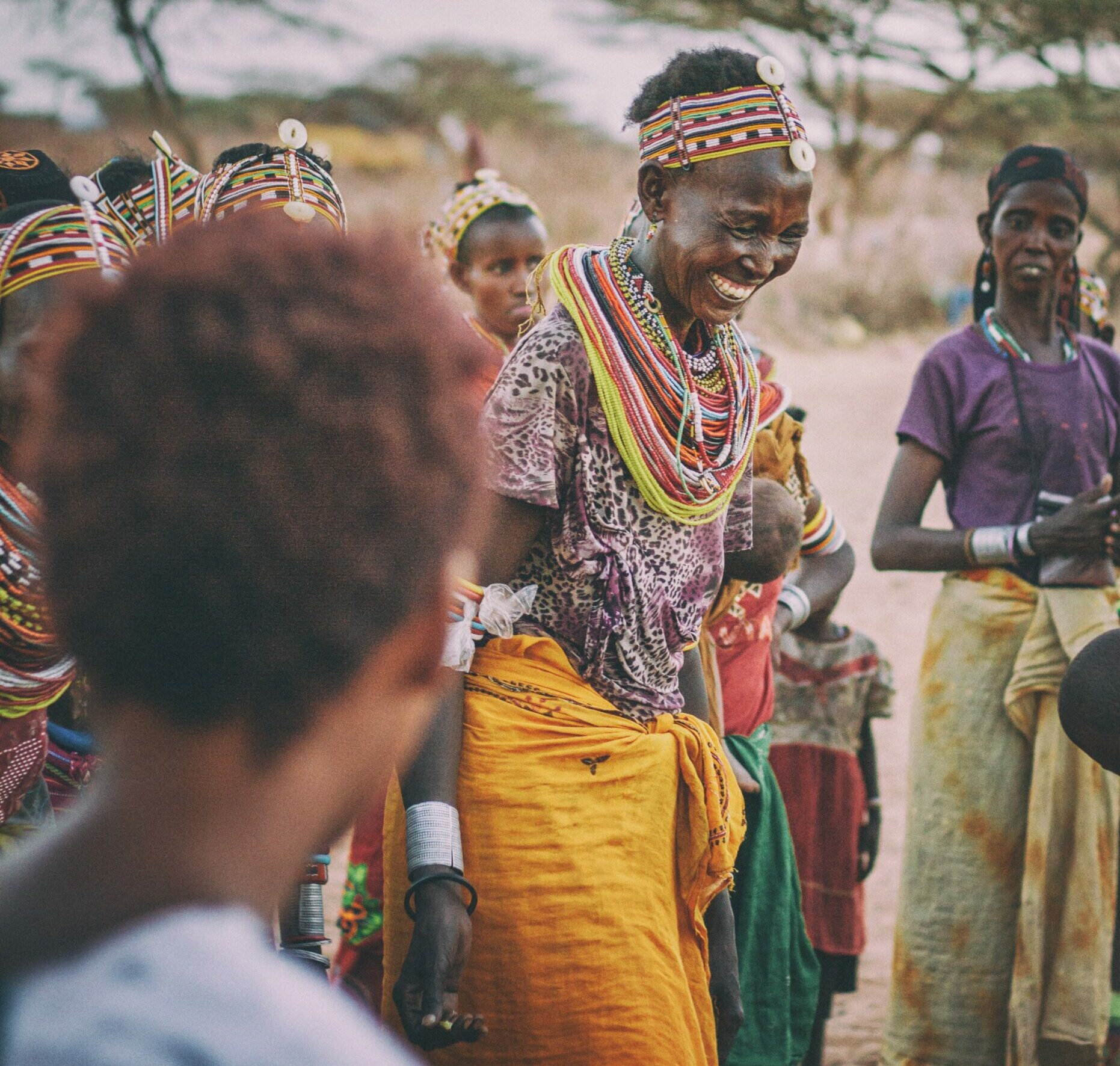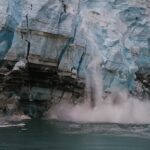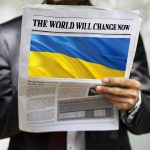Global warming affects not only the loss of ecosystems but also indigenous languages and their embedded environmental knowledge. Every 40 days a language dies. With every language that disappears, we lose a long history of understanding human agency in relation to natural resources and ecological relationships.
When looking at the political history of persecuting indigenous languages, it should be noted that global warming is not the main cause of endangering linguistic diversity. It is, however, definitely a strengthening factor. In the 1900s, many indigenous children were forced through public institutions to speak the language of the coloniser. This happened in many areas of the world such as the US, Canada, Australia or even the Scandinavian nations. In Canada, for instance, English and French have been portrayed as superior and, thus, indigenous people were sent to attend government-sponsored programs of assimilation. This impacted policies that addressed the hegemonic school system and the dominant language use.
New Zealand was one of the few countries that actually started initiatives to restore the deeply rooted local M?ori language. Now more than 25% of young M?ori speak it, in comparison with 5% in the 1970s. From an environmental perspective, the M?ori worldview encompasses a complex system of a natural balance. The moment this balance is shifted, the entire system loses its equilibrium. This mainly relates to the way of which all living things are dependent on each other, from an ecological point of view. In a space of genealogical webs, the M?ori place themselves in a habitat contextually related to other flora and fauna. Linguistically, their environmental values are visible in some of their key lifestyle concepts. For example, Kaitiakitanga means active guardianship of the environment or Ki uta ki tai describes the management of interconnected resources and ecosystems. The advanced environmental understanding embedded in the M?ori language further strengthens reasons for upholding indigenous voices. The question remains, however, is there sufficient awareness about the value of upkeeping traditional ecological knowledge?
With the spread of English as a major world language, it seems that the environmental vocabulary becomes dominated by one leading discourse, namely the scientific one. Language, besides being a speech tool, is also a cultural identity formation with an inherently complex way of how we see the world around us. Replacing indigenous languages with English can be harmful to already existing environmental knowledge. Namely, English grammar tends to separate humans from the rest of the natural world. For instance, special pronouns are used for people in comparison to the dehumanising ‘it’ for describing non-human objects. This creates a paradigm of normalising the exploitation of natural resources. In comparison, many indigenous languages incorporate in their vocabulary a specific way of naming plants. In various indigenous languages, simply the name of plants can give a clear indication as to whether or not a plant is toxic. In most non-indigenous languages this knowledge has yet to be scientifically researched.
Vanuatu, a South Pacific island, is home to at least 110 languages. The spread of English as a common language, increased urbanisation and rising sea levels are a great concern to the cultural identity and the Traditional Ecological Knowledge (TEK) of the local society. With many languages in the South Pacific islands facing the danger of extinction, the knowledge of traditional resource management also slowly disappears. In particular, the valuable wisdom of the medicinal properties of plants, the ecological relationship between different species, cycles of seasons or the behaviour of animals. Many communities view humans as closely related to their surrounding environment.

Increased urbanisation and rising sea levels portray the direct impact of global warming on the changing dynamics of linguistic diversity. The changing weather patterns that cause coastal erosion and flooding contribute to the internal displacement of the affected islands. Based on the World Bank data in 2020, around 80,000 people were reported to be internally displaced in Vanuatu alone. This equates to 25% of the total population, which is worrying when one thinks about the long-term consequences of the continuous extraction of natural resources.
The sea level rises in two primary ways. First, melting mountain glaciers add more water to the ocean. Second, the warming of the water increases its volume. According to the Climate Change Knowledge Portal, the average annual rise is currently 3 mm a year, with regional variations. The sea in Vanuatu rises approximately six millimetres per year, challenging livelihoods in low-lying areas. With the disruption of infrastructure, people are forced to settle elsewhere, usually in urban areas, which leads to the necessity of using the common language, instead of the native one. The native languages of the migrating communities are usually not valued in the place of destination. With the adjustment to mainstream and urban discourses, culture and traditional crafts become lost.
With the lack of inclusivity in global warming adaptation talks, developmental initiatives risk overseeing the transboundary impact of socio-ecological changes. Migration or a loss of biodiversity are two examples of causes that may lead to conflicts. One should remember that what might seem like developmental progress in one country, can at the same time hinder the ability of adaptation in another context. On a positive note, what humanity shares is the need to satisfy basic needs such as well-being, food security or access to water. Perhaps if we take the lens of human needs and listen to those that already suffer from global warming, we could find inclusive solutions as to how these needs can be satisfied. It is not about countries or borders anymore, but rather about global well-being.






